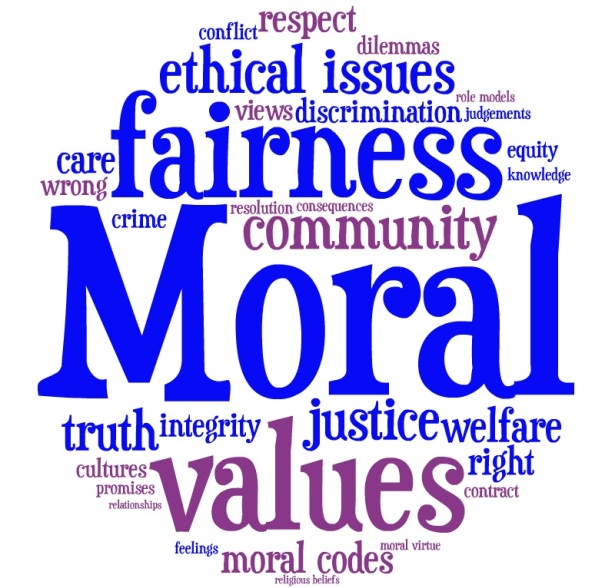
Ireland in 2008 was precariously close to financial bankruptcy or so we were lead to believe, the underlying message of the day was that we were morally obliged to save the money men and do the bidding of the financial behemoths of the European experiment. What has outraged activists and advocates since then is the way Ireland Inc. has abandoned all sense of values, ethics and morals and not just in the Christian sense.
There are on a daily basis campaigns springing up to support individuals and/or groups of Irish people who are feeling more and more marginalised, more and more abandoned, more and more ignored and less and less able to have a voice and be heard.
The message from the government is once we pay our bills and look after the European Union then everything will be ok. They operate in a world of platitudes, the world must see that we are ok, that we are still willing to help others, that we can and will send aid to other nations, that we will ride in on a white horse and rescue those who are struggling all over the world. That in itself is of course right and just, where the difficulty arises is when those that are marginalised in our society are being ignored.
If we accept that morality has many sub texts but broadly include a personal belief in what is right and wrong, is regarded in terms of what is known to be right or just, as opposed to what is officially or outwardly declared to be right or just, is a way of giving guidance on how to behave decently and honourably, frames what is good or right, when judged by the standards of the average person or society at large and is based on an inner conviction, in the absence of physical proof. Then we cannot accept what is happening in this Country either morally or ethically.
It is morally unacceptable for the old to be cold in their homes,
It is morally unacceptable for the rich to have gotten richer and the poor to have gotten poorer during a time of financial crisis
It is morally unacceptable for us to use the criminal justice system to deal with our addicted citizens,
It is morally unacceptable for us to keep people on trollies in hospitals,
It is morally unacceptable for us as a nation to think that offering someone a bed in a hostel is a solution to homelessness,
It is morally unacceptable for Ireland Inc. to deny the wrongdoings of the past in relation to the incarceration of women and children in Magdalene and other institutions,
It is morally unacceptable for us to have given away our rights to the gas and oil in our waters,
It is morally unacceptable for NAMA to be selling our assets to buyers from all over the world when we can’t or won’t house our most needy,
It is morally unacceptable for leaders of large NGO’s who support the marginalised to be involved in financial and ethical corruption,
It is morally unacceptable for us to allow generation after generation believe that social welfare is the only way for them to live,
It is morally unacceptable for us not to have a living wage,
It is morally unacceptable for the citizens to have no say in local and national governance,
It is morally unacceptable for freedom of information to become more restrictive instead of less,
It is morally unacceptable for us to accept inequality of choice,
It is morally unacceptable for young people leaving care to be allowed go straight into homelessness,
It is morally unacceptable for us to ignore the wisdom of the elderly,
It is morally unacceptable for us to allow private companies profit out of human pain,
It is morally unacceptable for the civil service to apparently have no mechanism to hold people individually responsible for their mistakes,
It is morally unacceptable for us to pay lip service to the notion of whistleblowing,
It is morally unacceptable for the Garda to be used as a private security force,
It is morally unacceptable for Ireland Inc. to attempt to criminalise protest,
It is morally unacceptable for some in society to be prevented from having access to their birth cert/file
It is morally unacceptable for the Government of the day to forget that society is made up of a collection of individuals and that the strong need to support the weak,
It is morally unacceptable for us to not recognise those that have risen from lives of challenge to lives of moral positives, look at Katie Taylor (https://twitter.com/KatieTaylor ) (sports person), Elaine Harrington (https://twitter.com/TMMissElayneous ) (performance artist), Rachel Keogh (https://twitter.com/rachaelkeogh1 ) (therapist), Christina Buckley, RIP (former golden bridge resident) and on and on and on,
It is morally unacceptable for us to allow countless children finish school with no education and a potential life of hardship as a social welfare user,
It is morally unacceptable for the Government to be dishonest and ethically bankrupt,
It is morally unacceptable for each and every one of us to not take the opportunity to make a positive contribution to someone else’s life,
Let’s build relationships that are morally, ethically, respectful and caring, if we used that as the starting tenet of governance then we might see some growth and change both individually and collectively.
Adrian McKenna is a frontline Social Care Professional; he has worked and Managed for many years with young people and adults in residential care, detention services, mental health services, homeless services and post-adoption services. He currently works with a large Dublin-based charity. He is a Committee Member of The Irish Association of Social Care Workers, A Member of the Social Care workers Registration Board at CORU, A Member of Social Justice Ireland and was on the National Committee of the YES Campaign for Children. All views expressed are entirely my own unless otherwise stated and are not representative of any organisation or employer past , present or future.
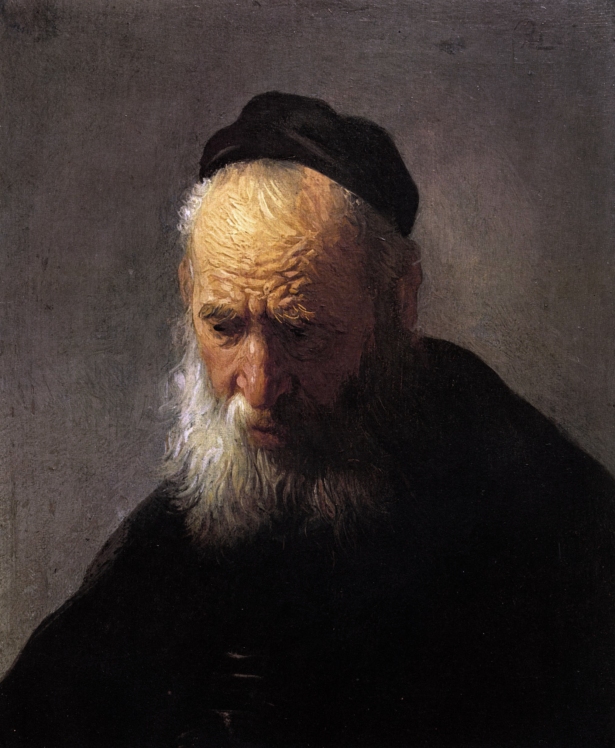

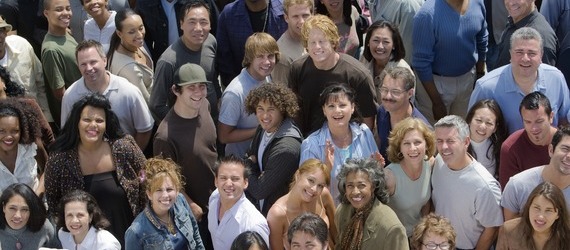
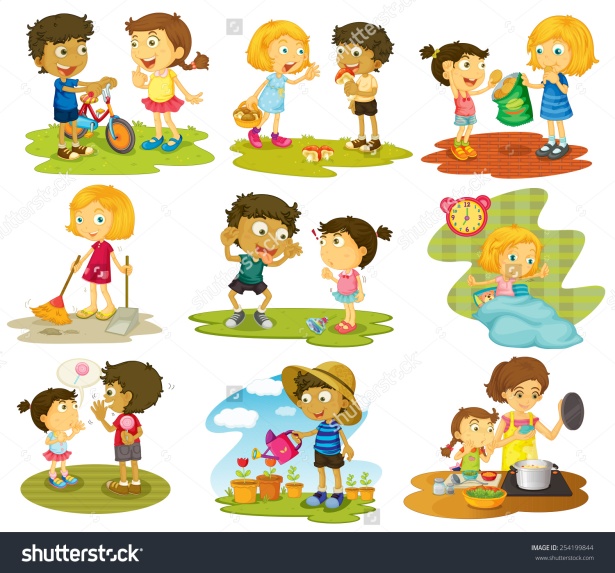
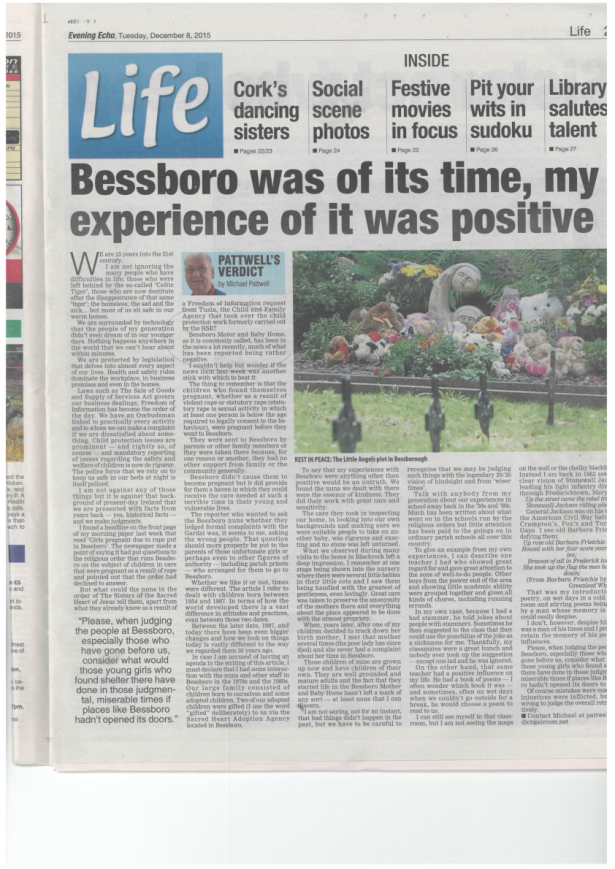



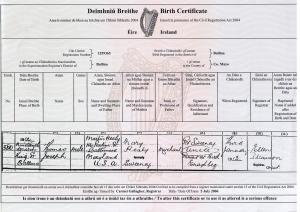

 Katie Hopkins is not right in what she says about Fat people, and this is why, you cannot place obesity into one simple linear argument, you cannot say people who are fat are fat because they eat too much and sit for too long. This is a complete over simplification of a very complex issue. We don’t yet understand the connection between emotion and eating, we don’t fully understand the need for bodily control, we don’t fully consider that overeating may just be preserving a fragile mental state. We find it difficult not to judge others, why???, what pushes us to judge. Why do we constantly use our head but forget our heart. Some obese people will never lose their weight if they constantly feel judged, some obese people may need a kick in the arse to get them going. What is important to remember is that we need to give them time to let us know when and if they need support, obesity and the whole fat shaming issue may have more to do with mental health than we are willing to recognise. The Late Late show would have been far better off having an honest debate about how culturally it is becoming unacceptable to look different than what the media want us to accept as normal.I am a morbidly obese man, I am loved and I love, I am successful personally and professionally, I have been told that I have been the instigator of change in other peoples lives. I am led by my heart and use my head, I am not less because I’m obese. I would never judge another human being and their frailties but I would go out of my way to try and bring some positivity into their life. Shame on Katie Hopkins for not having the sense and wisdom to use her media status to a more positive heart based effect.
Katie Hopkins is not right in what she says about Fat people, and this is why, you cannot place obesity into one simple linear argument, you cannot say people who are fat are fat because they eat too much and sit for too long. This is a complete over simplification of a very complex issue. We don’t yet understand the connection between emotion and eating, we don’t fully understand the need for bodily control, we don’t fully consider that overeating may just be preserving a fragile mental state. We find it difficult not to judge others, why???, what pushes us to judge. Why do we constantly use our head but forget our heart. Some obese people will never lose their weight if they constantly feel judged, some obese people may need a kick in the arse to get them going. What is important to remember is that we need to give them time to let us know when and if they need support, obesity and the whole fat shaming issue may have more to do with mental health than we are willing to recognise. The Late Late show would have been far better off having an honest debate about how culturally it is becoming unacceptable to look different than what the media want us to accept as normal.I am a morbidly obese man, I am loved and I love, I am successful personally and professionally, I have been told that I have been the instigator of change in other peoples lives. I am led by my heart and use my head, I am not less because I’m obese. I would never judge another human being and their frailties but I would go out of my way to try and bring some positivity into their life. Shame on Katie Hopkins for not having the sense and wisdom to use her media status to a more positive heart based effect.